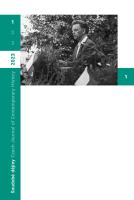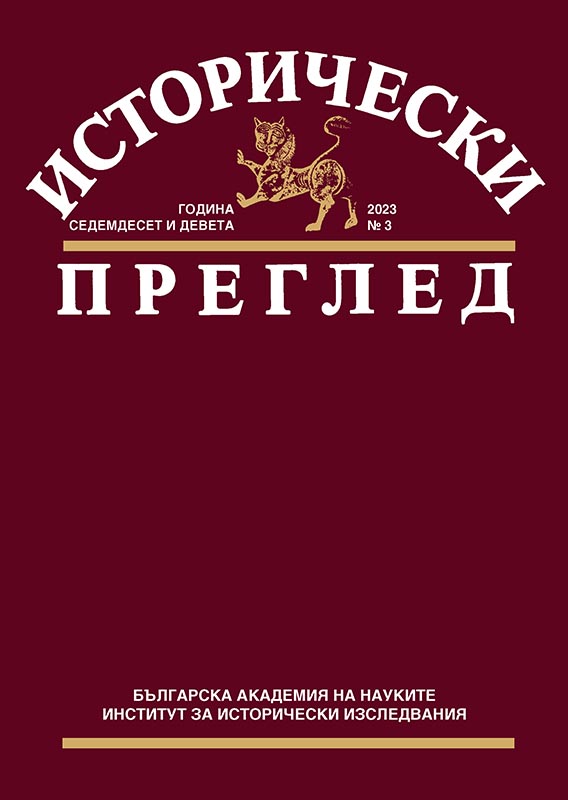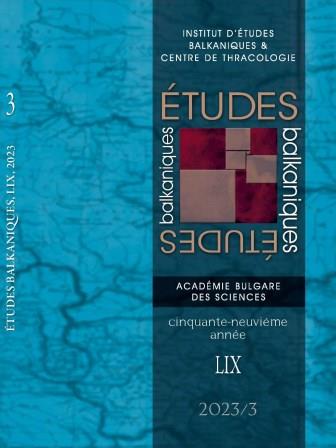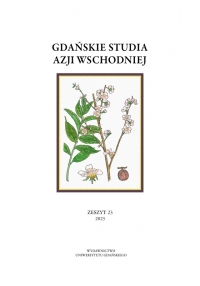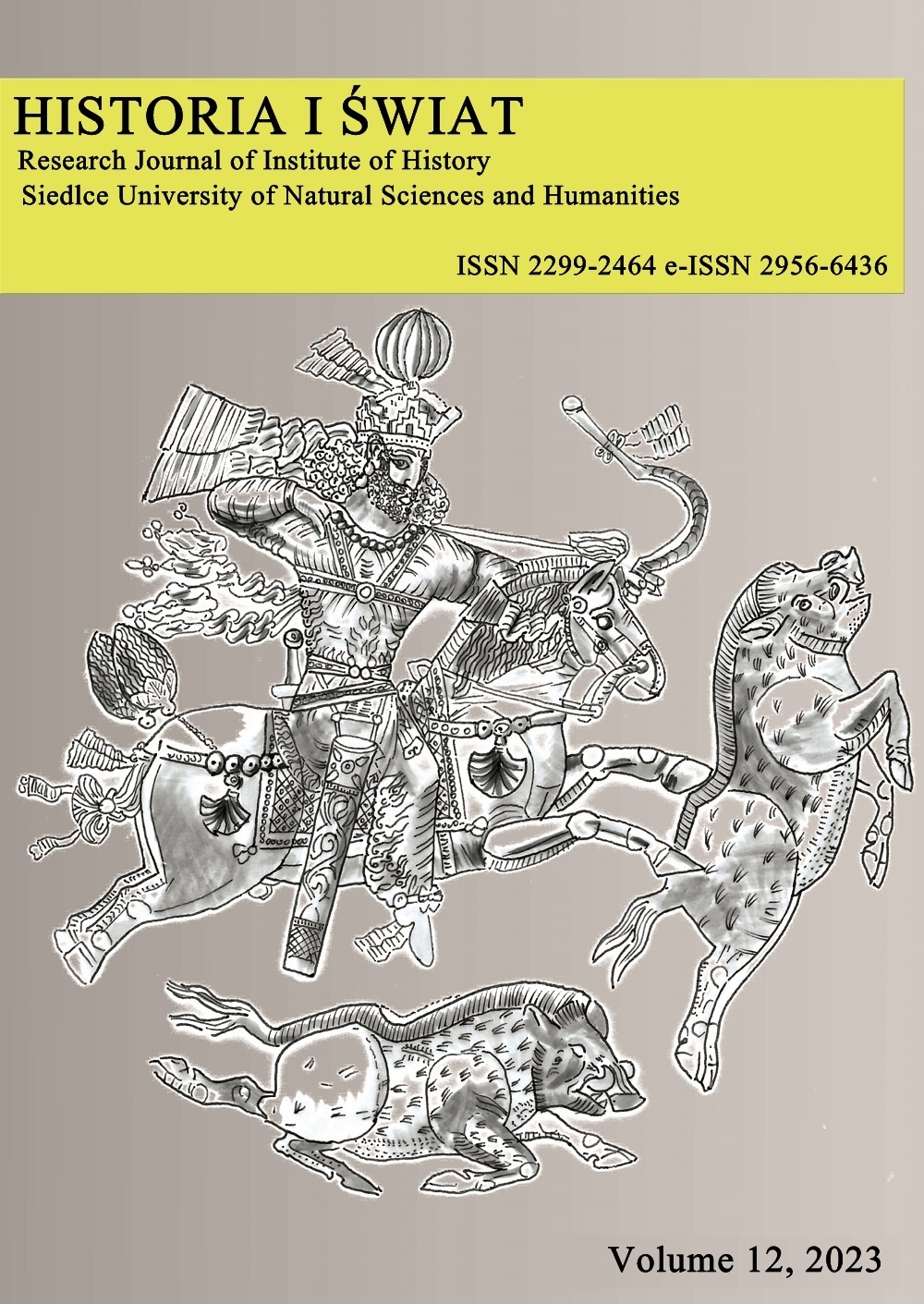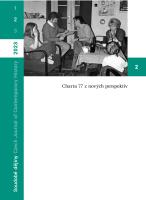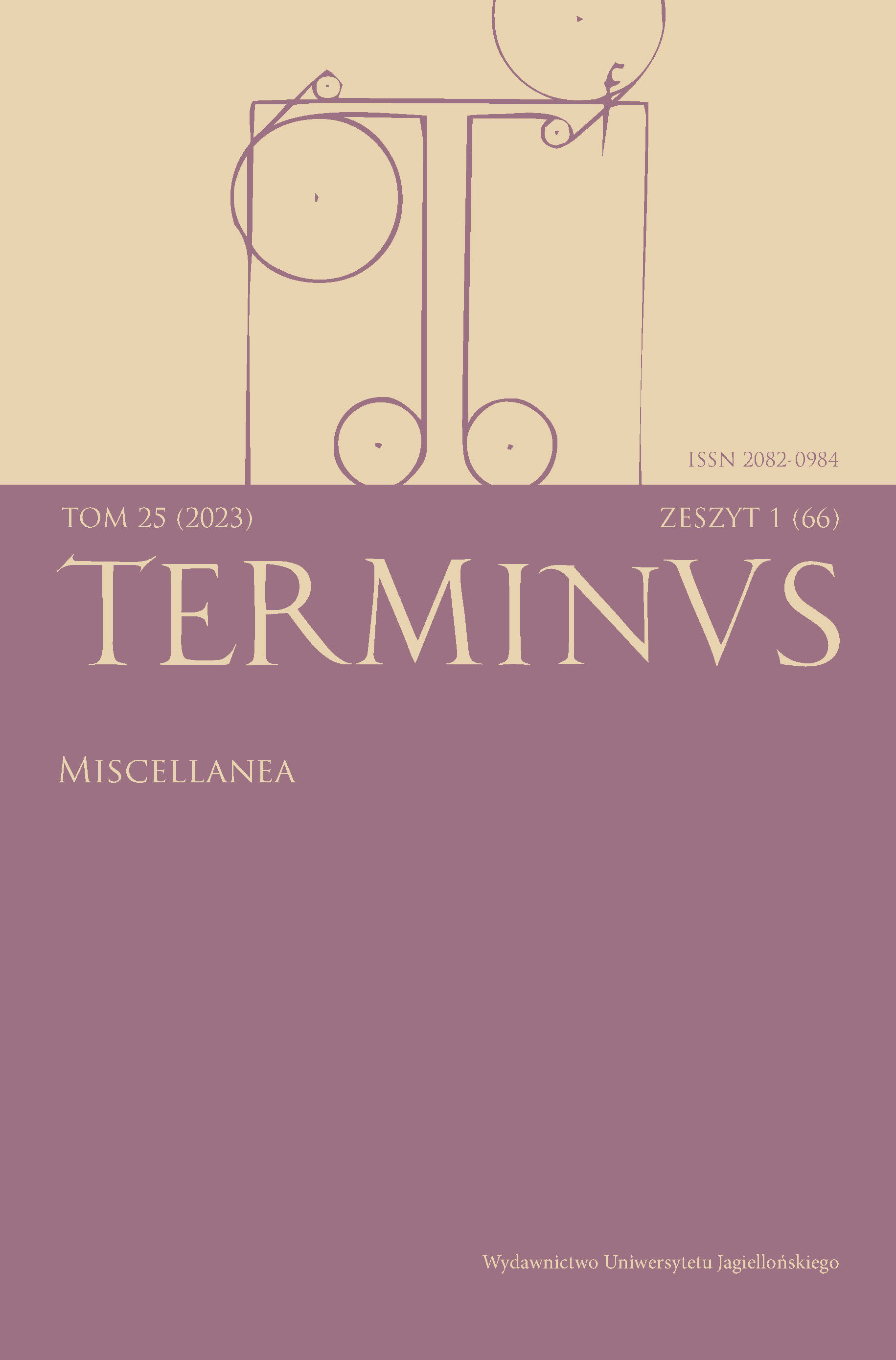
“Quodam frater hungarus ordinis minorum de observantia”. Osualdus de Lasko’s Identity as a Preacher and Author of Sermons
Osualdus de Lasko (OFM Obs, ca. 1450–1511) composed two sermon collections, which were published in print at the end of the fifteenth and the beginning of the sixteenth centuries. However, the readers of his books did not know the name of the author, who was only introduced as “quodam frater hungarus ordinis minorum de observantia”. This paper considers this option for anonymity as a premise for further investigating Osualdus’ identity as an author of sermons and as a preacher, intending to answer questions such as: How is Osualdus presenting or representing himself as an author/preacher? For what reasons and purpose did he compile these sermon collections? How were his homiletic works related to real preaching? Which was his ideal of a preacher? How relevant are the Franciscan affiliation and Hungarian origins for his identity? Grounded on the idea that the author is embedded in his text, this essay explores the prologues of Osualdus’ works and three of his sermons that discuss precisely about preaching’s agents, role, and beneficiaries. The analysis emphasizes that Osvalus’ vision of the ideal preacher and self-representation as author of sermons is shaped by Franciscan concepts of humility, renunciation and imitatio Christi.Anonymity is also presented as a possible sign of humbleness, in the spirit of Franciscan values. Similarly, his understanding of the goal of spreading the Word of God follows the mission of the Friars Minor in general, and their actions in Hungary in particular: fighting heterodox beliefs, converting heretics and schismatic, defending and strengthening faith at the margins of Christendom. Osualdus’ concern for the catechization of simple people might have also been a consequence of the local experience of Franciscans and their contact with the peasantry in their rural convents. The paper concludes that in Osualdus’ case anonymity is not intended to hide or disguise his identity, which is clearly defined around the two elements used as a signature: the Hungarian origins and the Franciscan affiliation. His authority as a preacher and author of sermons resided in his special commission as a member of the Order of Friars Minor and his messages were mainly intended for the local public and for the safeguard of his homeland. The name of the author/preacher was most probably known to his primary audience. Only for the distant readers of his texts the author became anonymous, but they were made aware of the essential components of its identity, representative for the content as well.
More...
